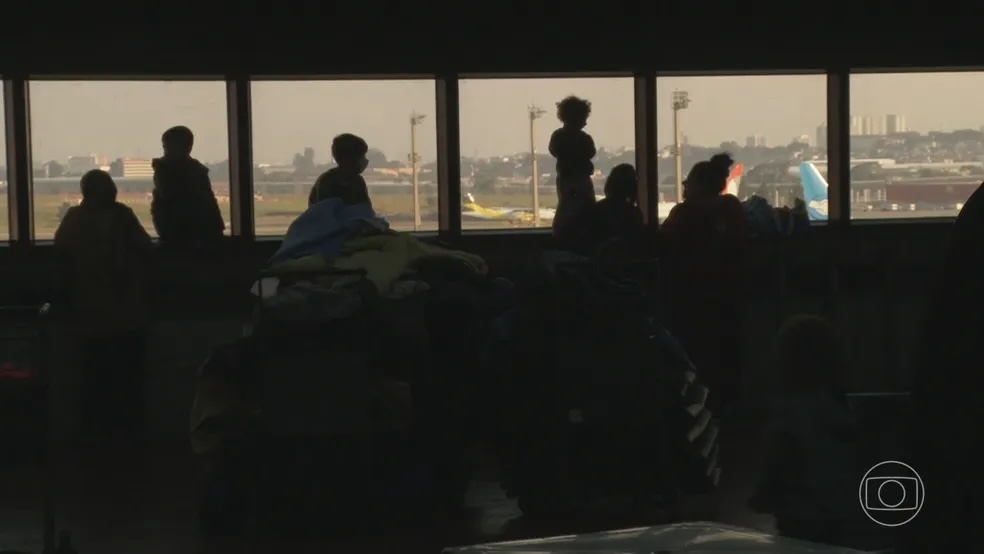Brazil’s Ministry of Justice will implement new entry restrictions starting Monday, August 26, targeting certain migrants who use the country as a transit point to reach the United States and Canada. The new policy will affect migrants from specific Asian countries who require visas to stay in Brazil, but will not impact those from countries currently exempt from visa requirements, including U.S. citizens and many European nationals.
The decision follows a Federal Police investigation revealing that many migrants purchase flights with layovers in São Paulo but remain in Brazil to begin their journey north. Over 70% of asylum requests at São Paulo International Airport come from nationals of India, Nepal, and Vietnam.
Under the new rules, travelers from affected countries will need to either continue their journey to their final destination or return to their home country. The measure aims to address the issue of “passport washing,” where migrants exploit Brazil’s transit routes to enter the U.S. and Canada via dangerous paths through South America.
Since early last year, São Paulo’s Guarulhos Airport has faced significant challenges due to an influx of migrants, many of whom take perilous routes from São Paulo to Acre, a state bordering Peru, before moving towards Central America and the U.S. southern border. An investigation in July found that some migrants, including those from Vietnam and India, have used the Amazon region as a transit route, with some returning to Acre as U.S. border policies prompted delays.
Rêmullo Diniz, coordinator of the border operations group in Acre, noted the increase in migrant numbers and their diverse origins, expressing concerns about undocumented migrants and smuggling networks.
The new restrictions will not affect the approximately 500 migrants currently staying at São Paulo’s international airport. Federal authorities are also under pressure to improve conditions for these individuals, who face long wait times and inadequate support while their asylum requests are processed.
Brazil’s federal prosecutors have criticized the high volume of foreign arrivals at São Paulo’s airport, attributing delays to an overloaded migration system. They are urging airlines to provide essential supplies to waiting migrants and expedite the processing of their requests to avoid further disruptions at the airport.
With over 9,000 asylum requests received by July 15 this year—more than double the total for 2023—Brazil’s migration system is under significant strain. This surge has added to the challenges faced by the government, already managing applications from countries like Haiti, Syria, Afghanistan, and Ukraine.
Despite Brazil’s history of welcoming refugees, including a significant number of Afghans, the government is frustrated by the misuse of its asylum system. President Luiz Inácio Lula da Silva’s administration has tightened guidelines in response to the rising misuse of refugee applications.
Source: AP / g1



